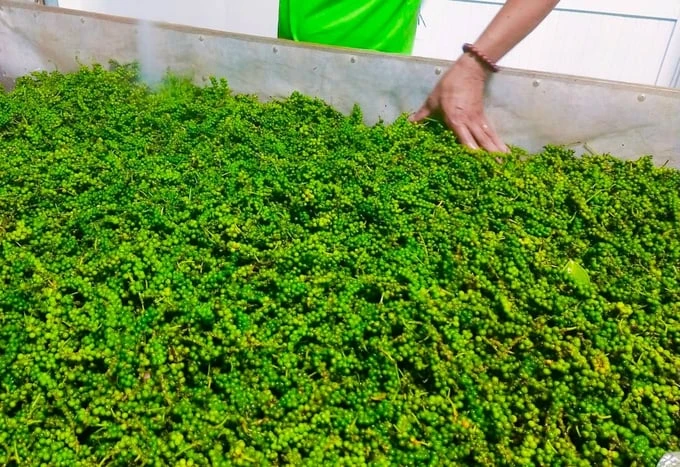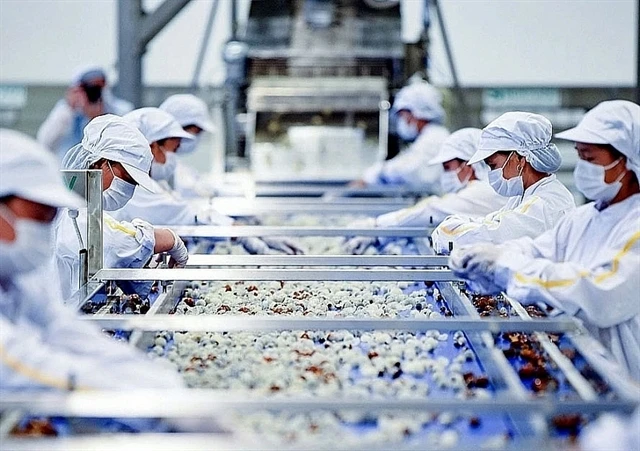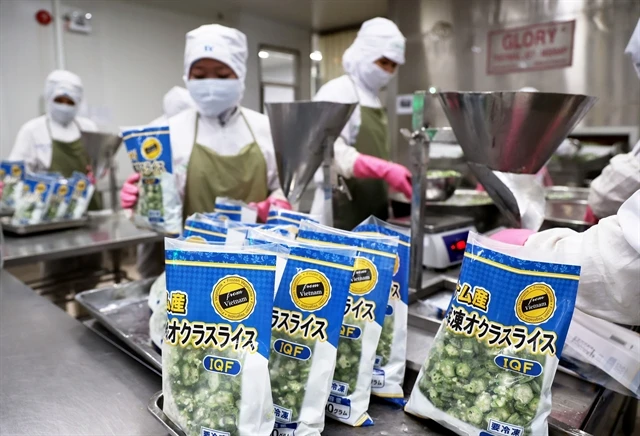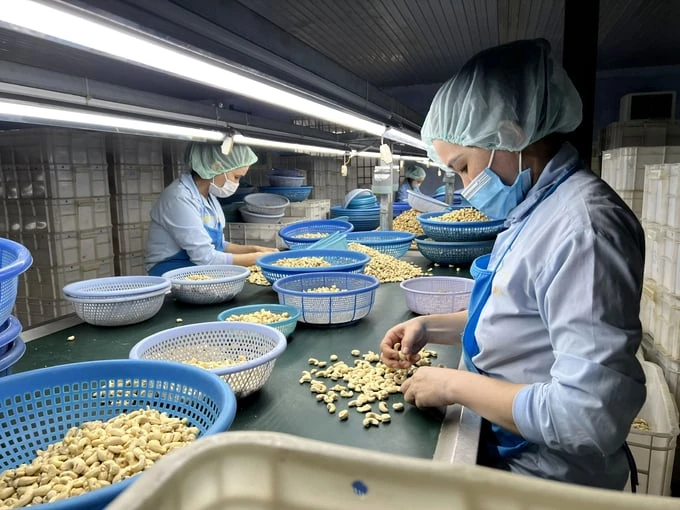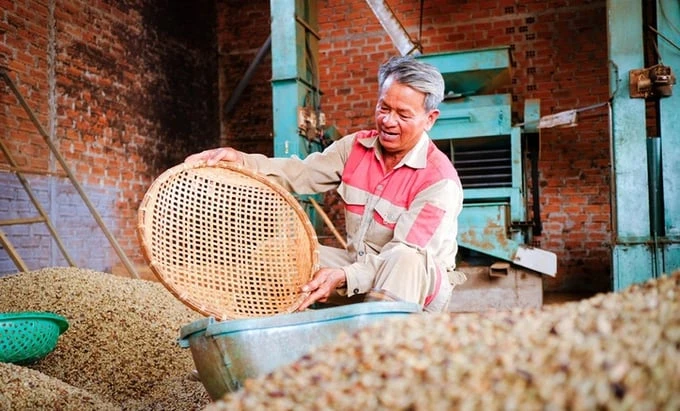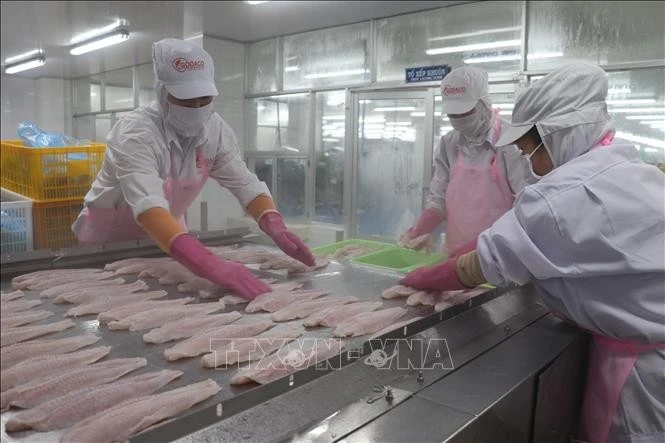(VAN) Vietnamese pepper is returning to the group of 1-billion-USD export turnover after a period of silence.
The turnover of pepper exports from Vietnam has experienced a remarkable increase in the first half of the year. Vietnam exported nearly 143,000 tons of pepper in various varieties, including 126,000 tons of black pepper and 17,000 tons of white pepper, as the Vietnam Pepper and Spices Association reported in June 2024.
The volume of exported pepper in the first six months of the year decreased by 6.8% compared to the same period last year. Consequently, export turnover increased by 30.5% to 634 million USD, with 540 million USD from black pepper and 94 million USD from white pepper on account of increased exportation.
The average price of exported black pepper was 4,365 USD/ton and white pepper was 5,983 USD/ton from January to June. These prices are up 922 USD/ton and 1,082 USD/ton, respectively, year over year.
Pepper prices continue to be elevated in the domestic market. Mr. Dao Van Lanh, a pepper farmer in Xuan Tho commune, Xuan Loc district, Dong Nai province, reported that the price of pepper occasionally reached 180,000 VND/kg, a level that had not been attained in several years. The price subsequently decreased, but it continued to be exorbitant. The price of pepper in Xuan Loc reached 150,000 VND/kg at the beginning of July, which is twice the price of the same period last year. The Lanh family generated substantial profits from pepper plants during the 2023-2024 crop year as a result of the pepper price increase and the unhesitating reservation of pepper for a higher price of sale.
Mr. Hoang Phuc Binh, Vice Chairman of the Chu Se Pepper Association (Gia Lai), also verified that the maximum trading price of pepper on the domestic market was 180,000 VND/kg during the 2023-2024 crop year. In certain regions, prices even reached 200,000 to 210,000 VND/kg; however, this was only temporary (approximately one day) due to the imperative need of certain companies to purchase pepper for export orders.
At present, the price of pepper is in a state of "fluctuation," which indicates that it fluctuates. However, it is generally on a trajectory to increase. The primary cause, according to Mr. Binh, is that the supply of pepper in Vietnam has been depleted as a result of a substantial decrease in the 2023-2024 crop yield compared to the previous season.
In addition to this year, Mr. Binh anticipates that pepper prices will remain elevated for an extended period, as each price increase cycle typically lasts approximately ten years. The potential for recovering the pepper cultivation area and production is not significant, despite the high prices of peppers, as current pepper producers have learned lessons from the previous price increase cycle.
Pepper prices reached a record high of over 200,000 VND/kg nearly a decade ago. This prompted farmers in numerous provinces to expedite the expansion of their pepper cultivation areas, even in locations that were not conducive to the cultivation of this crop. Consequently, the substantial increase in production and area resulted in a surplus of peppers, which caused prices to decline steadily, occasionally falling below production costs. This resulted in substantial losses for numerous farmers, necessitating them to either substantially reduce their pepper cultivation area or transition to alternative crops or occupations.
The expansion of pepper cultivation areas is further restricted by the high prices and attractive profits of durian, coffee, and other commodities, which directly compete with pepper in the Central Highlands. Despite the current high prices of peppers, the pepper cultivation area is unlikely to increase in the near future due to the scarcity of agricultural labor and the difficulty farmers face in obtaining bank financing to invest in pepper cultivation.
Consequently, pepper cultivation areas in the Central Highlands and Southeast regions have not experienced a resurgence, despite the high prices. Rather, producers who are steadfast in their dedication to pepper are investing in the maintenance of their existing pepper gardens to reestablish their productivity, yield, and quality.
In addition to Vietnam, the global supply of pepper is also being restricted as a result of El Niño. It is improbable that pepper production will satisfy the global demand in the long term, specifically within the next 3-5 years.
The pepper industry is expected to return to the billion-dollar category for the first time since 2017, as it is highly probable that Vietnam's pepper exports will surpass USD 1 billion this year, given the high growth in the first six months of the year and the continued high prices of exports due to a lower supply than demand.
